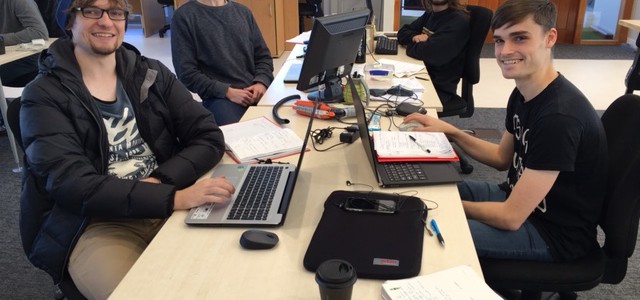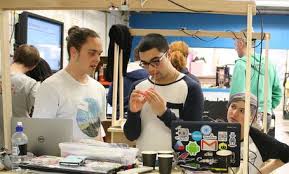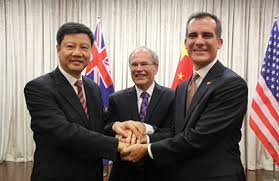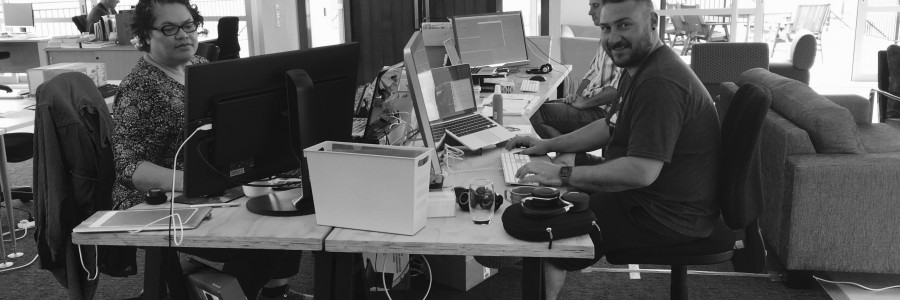“The experience is the brand”. So says UX — or User Experience Design for the uninitiated — specialist, LevelOne HQ-based Haunani Pao.
User experience design is the process of enhancing user satisfaction by improving the usability, accessibility, and pleasure provided in the interaction between the user and the product.
A passionate believer in building beautiful, simple experiences that help people get “stuff” done, Haunani stresses the importance of synchronisation between the user’s needs and the product’s business goals. “UX is more than just a pretty face. It’s both an art and a science” in methods and techniques, she says. She’s an advocate of UCD — or User Centric Design principles – where users form part of the design team and the focus is on their needs, goals and limitations.
She describes the difference between UX and Usability with supermarket metaphor : A store has a building and carpark where the user’s main task is to shops for groceries, while usability is the efficiencies that help the user complete their task — the store layout, the size of the trolley, the promotions – those things that create an efficient and pleasurable shopping experience.
She also welcomes agile methodology — namely Scrum — which she says has hugely refined the process of usability testing, along with the development of Personas to help map out the wants and needs of users, even if it is assumptive. Something she recommends anyone to create especially if it helps to define user stories for the backlog.
As a self-styled “solution designer”, Haunani spends her time sometimes drawing, sometimes writing. There are various mappings on white boards and sheets of paper; a rainbow collection of post-It notes and Vivid markers, but also the tidiest-looking Trello board I’ve ever seen.
When she’s not designing, writing and building, Haunani is a co-organiser for User Experience Auckland. She’s part of the Rabid Technology Auckland team, based at LevelOne HQ. Check out Haunani’s presentations on UX.




 of the discussion was around the skill shortages and talent pipeline within the Auckland tech industry, and honed in on how we can equip the next generation people of tech for the future we need to build. We heard that passion and tech is a powerful joint force — you can combine pretty much anything you like doing with tech — but that tech is a team sport. Coders need to communicate with more than just their keyboards. We heard about how remote friendly vs remote first works for some, but not others, and how Post-it notes are the new currency of paper-based offices. And curiosity is king!
of the discussion was around the skill shortages and talent pipeline within the Auckland tech industry, and honed in on how we can equip the next generation people of tech for the future we need to build. We heard that passion and tech is a powerful joint force — you can combine pretty much anything you like doing with tech — but that tech is a team sport. Coders need to communicate with more than just their keyboards. We heard about how remote friendly vs remote first works for some, but not others, and how Post-it notes are the new currency of paper-based offices. And curiosity is king! 




